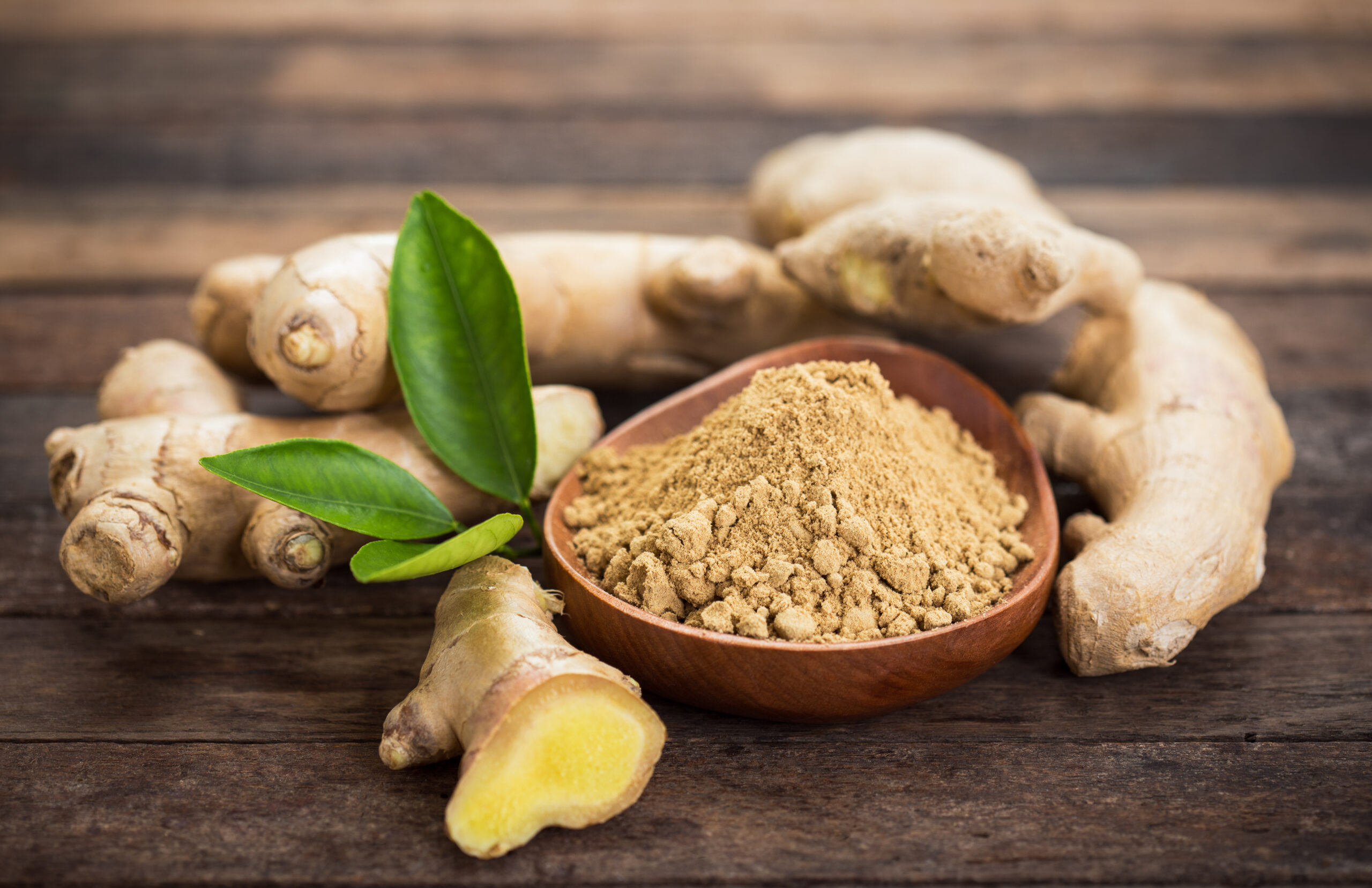Autoimmune diseases have been increasingly prevalent, impacting the lives of millions worldwide. These conditions occur when the immune system mistakenly attacks healthy cells and tissues in the body, resulting in a range of disrupting symptoms. Some of the most common autoimmune diseases, including lupus, antiphospholipid syndrome, and rheumatoid arthritis, are closely associated with chronic inflammation.
Women’s Skin Affected by Autoimmune Disease
Image Source: MarijaRadovic
Recent studies suggest that ginger may provide a potential solution for controlling inflammation due to its anti-inflammatory properties. A crucial process linked to inflammation is Neutrophil Extracellular Trap formation (NETosis). This is a process where neutrophils release NETs, which are microscopic spider web-like structures. These NETs play a role in driving inflammation and clotting, contributing to the severity of the autoimmune diseases. While NETs are a part of the body’s immune response to combat infections and promote wound healing, overactive NETosis can exacerbate inflammation in autoimmune conditions.
Researchers from the University of Michigan and the University of Colorado School of Medicine found that ginger consumption makes neutrophils more resistant to NETosis. In many autoimmune diseases, neutrophils are hyperreactive, while ginger consumption can help regulate the activity of neutrophils.
In a clinical trial ran by Professor Jason Knight of the University of Michigan, healthy volunteers were given a daily ginger supplement for seven days, with a dosage of 20 milligrams per day. The results were promising, with the ginger supplement leading to an increase in a chemical known as cAMP within neutrophils, which in turn inhibited NETosis in response to disease-related stimuli. This research not only provides evidence for the biological mechanisms underlying ginger’s anti-inflammatory properties, but also raises hope for individuals seeking alternative or complementary treatments.
The implications of this study extend beyond autoimmune diseases. In COVID-19, the severity of symptoms is closely linked to the body’s inflammatory response, and an uncontrolled inflammation can lead to severe damage, especially in the respiratory system. With the ongoing challenges posed by the COVID-19 pandemic, ginger’s anti-inflammatory properties could be used as a natural supplement to potentially improve COVID-19 symptoms. By enhancing the resistance of neutrophils to NETosis, ginger has the potential to effectively manage the inflammatory response associated with COVID-19.
The University of Michigan and the University of Colorado School of Medicine research team hopes to leverage their findings to encourage clinical trials involving ginger for COVID-19 patients, as well as individuals with autoimmune and inflammatory diseases marked by overactive neutrophils. Ginger’s potential to complement existing treatment programs and alleviate symptoms presents an exciting prospect for those in need. Therefore, the power of ginger may hold the key to a healthier future for many, offering new avenues of hope for those grappling with complex health challenges.
Featured Image: pilipphoto










